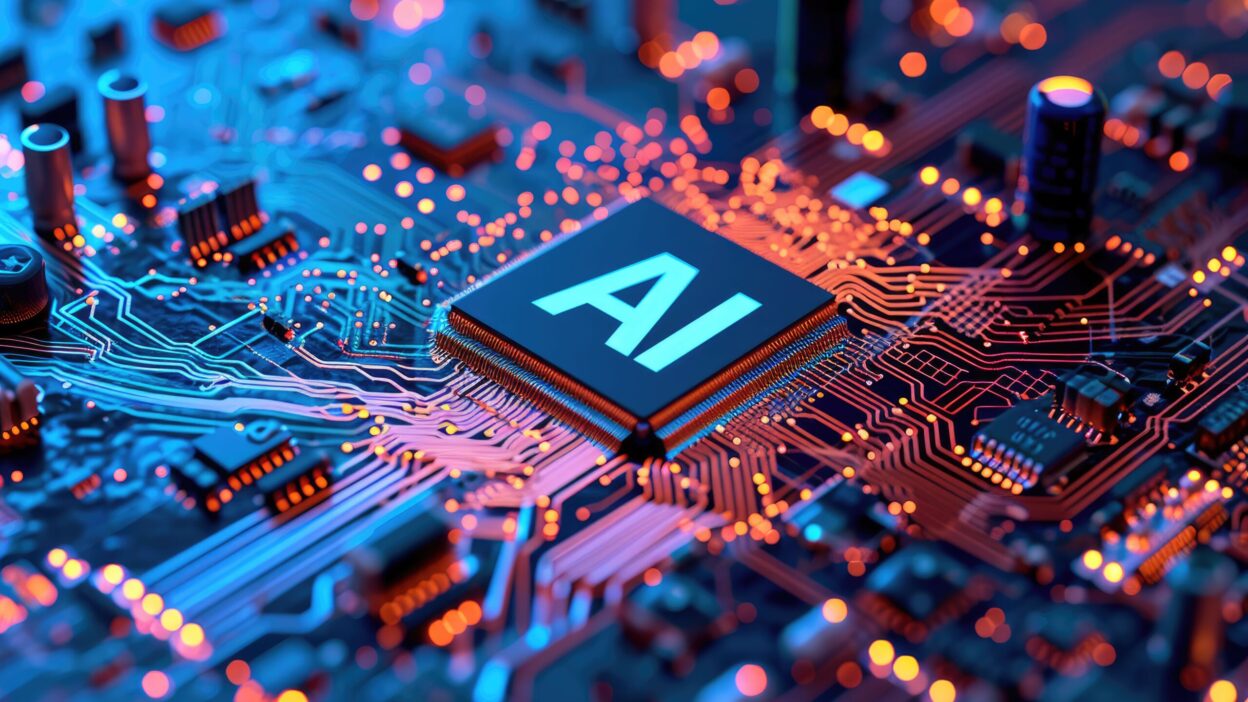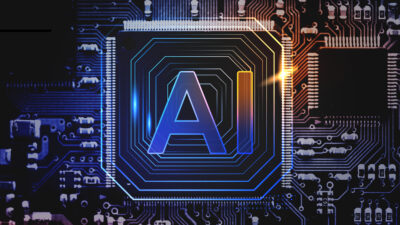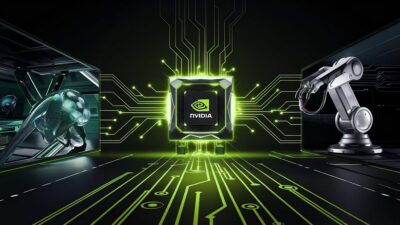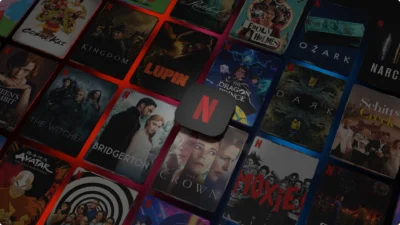Not long ago, Artificial Intelligence felt like something straight out of a science fiction novel. We imagined robots roaming cities, machines making decisions, and computers that could think like us. But look around today. What was once futuristic fantasy is now quietly woven into our daily lives.
Every time you ask your phone for directions, get a movie suggestion that feels accurate, or talk to a chatbot for customer support, you’re using AI. It’s already here and it’s evolving faster than ever. But 2025? That could be the year AI stops assisting us and starts transforming how we live, work, and think.
Let’s explore why 2025 could be the most groundbreaking year yet for Artificial Intelligence, with real examples and a peek into what’s coming next.
Artificial Intelligence is Learning to Act on Its Own
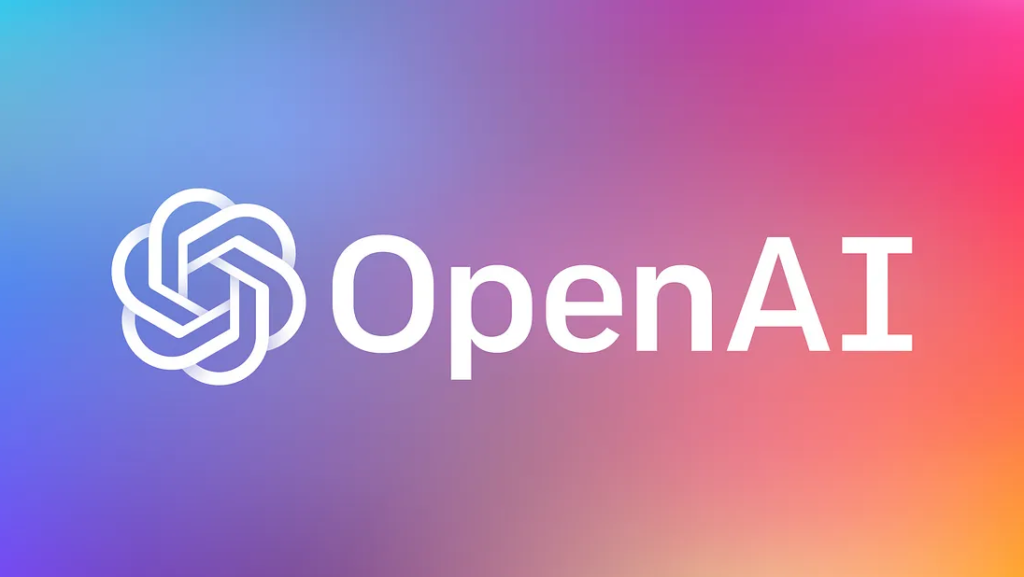
Today’s AI needs us to tell it what to do. You give it a command or a question, and it responds. That’s helpful but it’s also limited. The next step in AI’s journey is about independence.
In 2025, we are likely to see the rise of autonomous AI agents. These aren’t just chatbots. They are goal-driven systems that can complete multi-step tasks, solve problems on their own, and adapt to new situations without human help.
Imagine giving your AI a broad instruction like,
“Help me launch my online course, handle the marketing, set up the website, and report progress each week.”
And it does all of it researching, writing emails, building pages, even buying ads like a silent partner.
Real Example:
OpenAI has already hinted at this future with tools like AutoGPT and AgentGPT. These agents can take a goal, break it into smaller steps, and execute them with minimal input. By 2025, we may see businesses run entire departments powered by AI agents working in the background.
AI is Getting Emotional and That Changes Everything
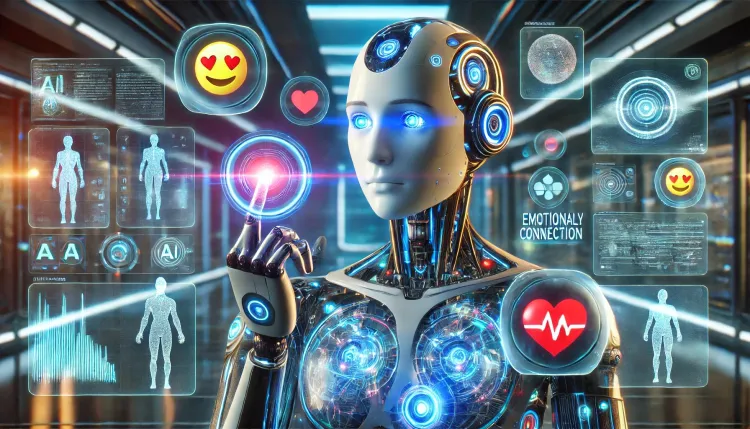
Until now, AI has been brilliant at logic, but completely blank emotionally. You could speak to it, but it wouldn’t really understand how you felt. That’s about to change.
By 2025, we’ll see AI that understands human emotion not just what we say, but how we say it. It will pick up on tone, pauses, facial expressions, and even mood patterns over time. This kind of emotional intelligence could completely change the way we interact with machines.
Your AI assistant might notice you sound stressed and offer to reschedule your meetings. It might detect sadness and check in, or suggest a relaxing playlist when it senses you’re overwhelmed.
Real Example:
Startups like Replika are already experimenting with emotionally aware AI companions. Mental health bots like Woebot use tone detection and empathetic language to comfort users. These early versions are still learning, but the emotional depth expected in 2025 will be on a whole new level.
AI is Learning to Create with You, Not Just for You
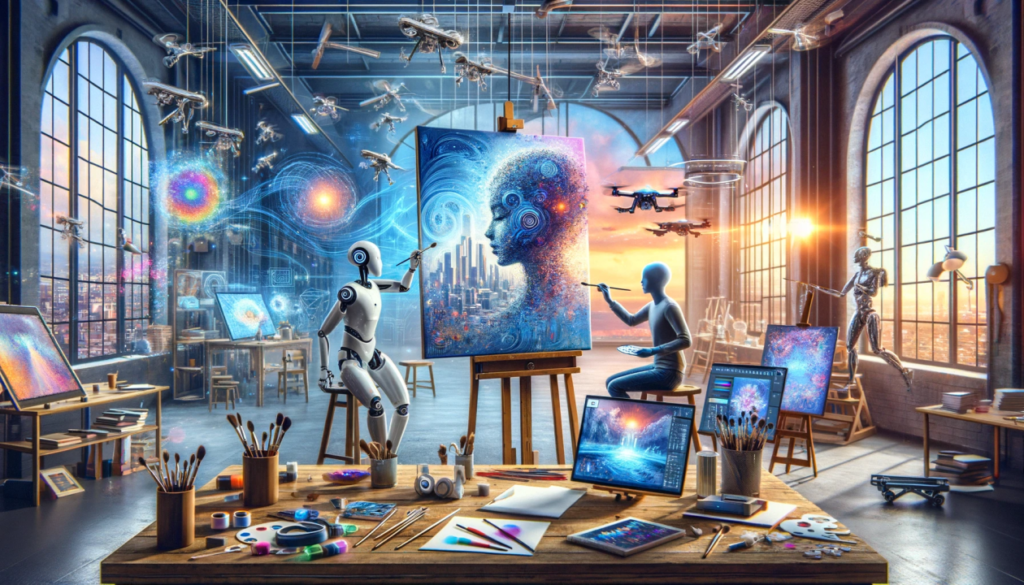
We’re entering a golden age of AI-generated creativity. Already, people are using AI to write songs, generate paintings, build apps, and brainstorm ideas. But what’s coming next is even bigger collaborative creativity, where humans and machines build things together in real time.
Imagine sketching a basic idea on your tablet and your AI fills in the rest. Or giving your AI a rough plot and it helps you write an entire novel. The boundaries between tool and teammate are beginning to fade.
Real Example:
OpenAI’s new Sora model creates stunning videos from text prompts. Tools like Runway ML are letting filmmakers use AI to edit videos frame by frame. In 2025, these tools won’t just be for experts they’ll be built into phones, tablets, and everyday apps, helping anyone turn imagination into creation.
AI in Healthcare Will Save Lives Not Just Time
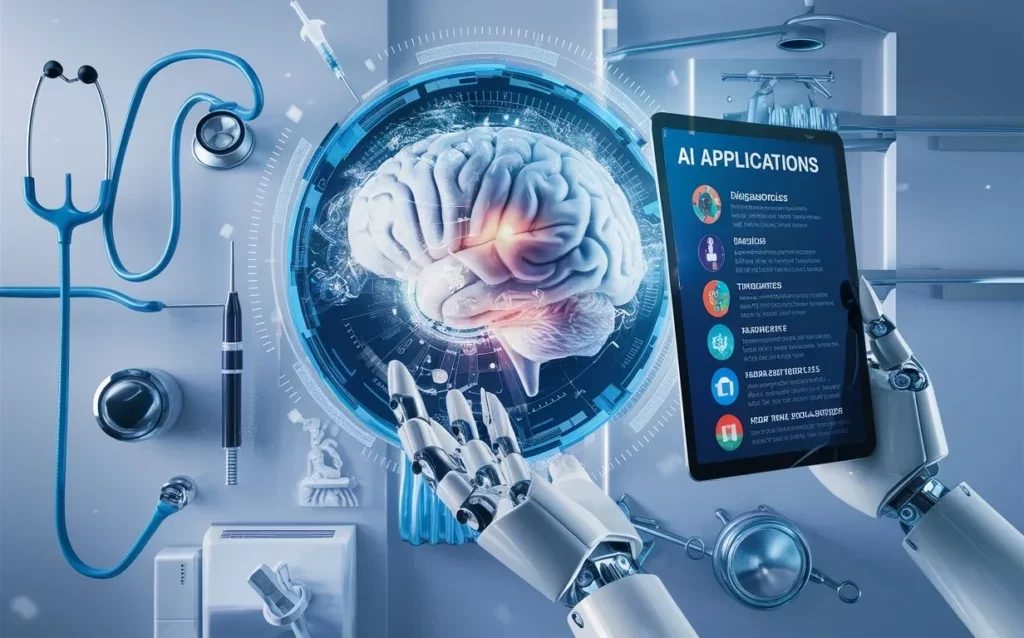
One of the most meaningful changes AI will bring in 2025 is in healthcare. The focus will shift from automating records and reminders to personalized, proactive care.
Wearable devices connected to AI can monitor your body in real time. They will detect early warning signs, suggest lifestyle changes, and even contact a doctor if something seems wrong. This could lead to earlier diagnoses, faster treatments, and better health outcomes.
Real Example:
Apple Watch already monitors heart rate, and some models alert users to irregular rhythms. But in 2025, newer devices might track stress levels, blood sugar, or oxygen saturation with AI analyzing the data and providing instant advice.
Meanwhile, companies like DeepMind are working on AI tools that detect eye diseases and predict strokes by analyzing scans faster and more accurately than doctors.
Your Work Life Will Change But Not in the Way You Fear
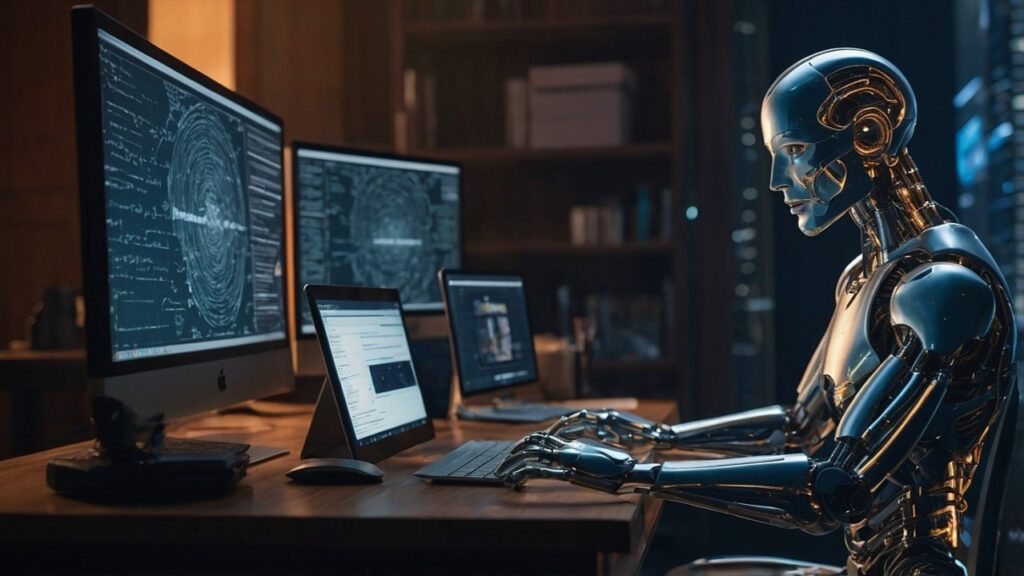
A lot of people worry that AI is coming to take their jobs. The truth is more nuanced. AI is not here to replace you it’s here to amplify you.
By 2025, you’ll likely work alongside AI tools that help you think faster, stay organized, and be more productive. Writers will use AI to draft content. Developers will get code suggestions. Designers will generate mockups with a few clicks. Teachers will have AI assistants that track student progress and suggest teaching strategies.
Real Example:
Tools like Khanmigo from Khan Academy are already helping students learn in new ways. Copilot tools by GitHub help coders write and debug code. By 2025, we could all have a smart assistant tailored to our profession acting like a coach, planner, and helper in one.
AI Will Be for Everyone Not Just Big Tech
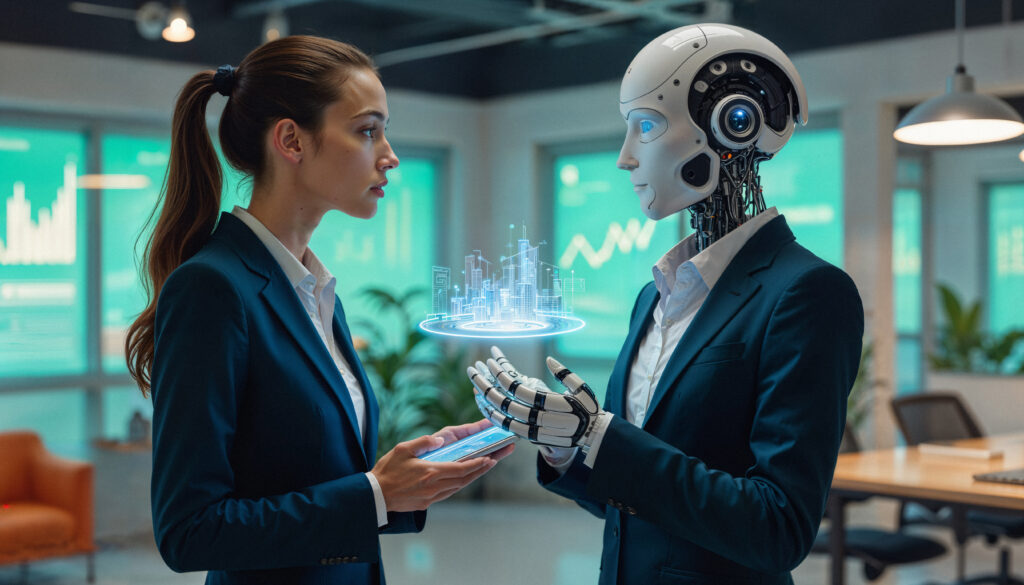
One of the most exciting parts of the AI boom is that it’s becoming democratized. In 2025, you won’t need to be a tech wizard or millionaire to use powerful AI tools. They’ll be free or affordable, built into apps you already use, and ready to help you launch ideas quickly.
Want to design a logo? AI can do it. Need a business plan? Just describe your idea. Trying to automate a boring task? There’s probably an AI tool for that.
Real Example:
Platforms like Notion, Zapier, and Canva have added built-in AI assistants. These tools are designed for creators, entrepreneurs, and everyday users. In 2025, even more platforms will bake AI into their features, helping more people build faster and smarter.
Looking Ahead: What Makes 2025 So Special?
The progress we’re seeing isn’t random. It’s the result of years of research, better computing power, and billions of data points that help AI models learn. In 2025, all of these advancements are lining up at the same time:
- Cloud computing is faster than ever
- Chips designed for AI (like Apple’s Neural Engine and NVIDIA’s GPUs) are widespread
- More people are comfortable using AI in daily life
- The world is demanding smarter tools to solve big problems
Put all of this together, and you get the perfect storm a year where Artificial Intelligence could genuinely become our everyday partner in health, creativity, learning, and work.
Final Thoughts
Artificial Intelligence is not just a buzzword anymore. It’s becoming a silent force shaping how we think, feel, and make decisions. And in 2025, it could cross a line from tool to teammate, from assistant to advisor, from optional to essential.
We’re not looking at a future of machines taking over. We’re looking at a future where machines help us become better humans..
